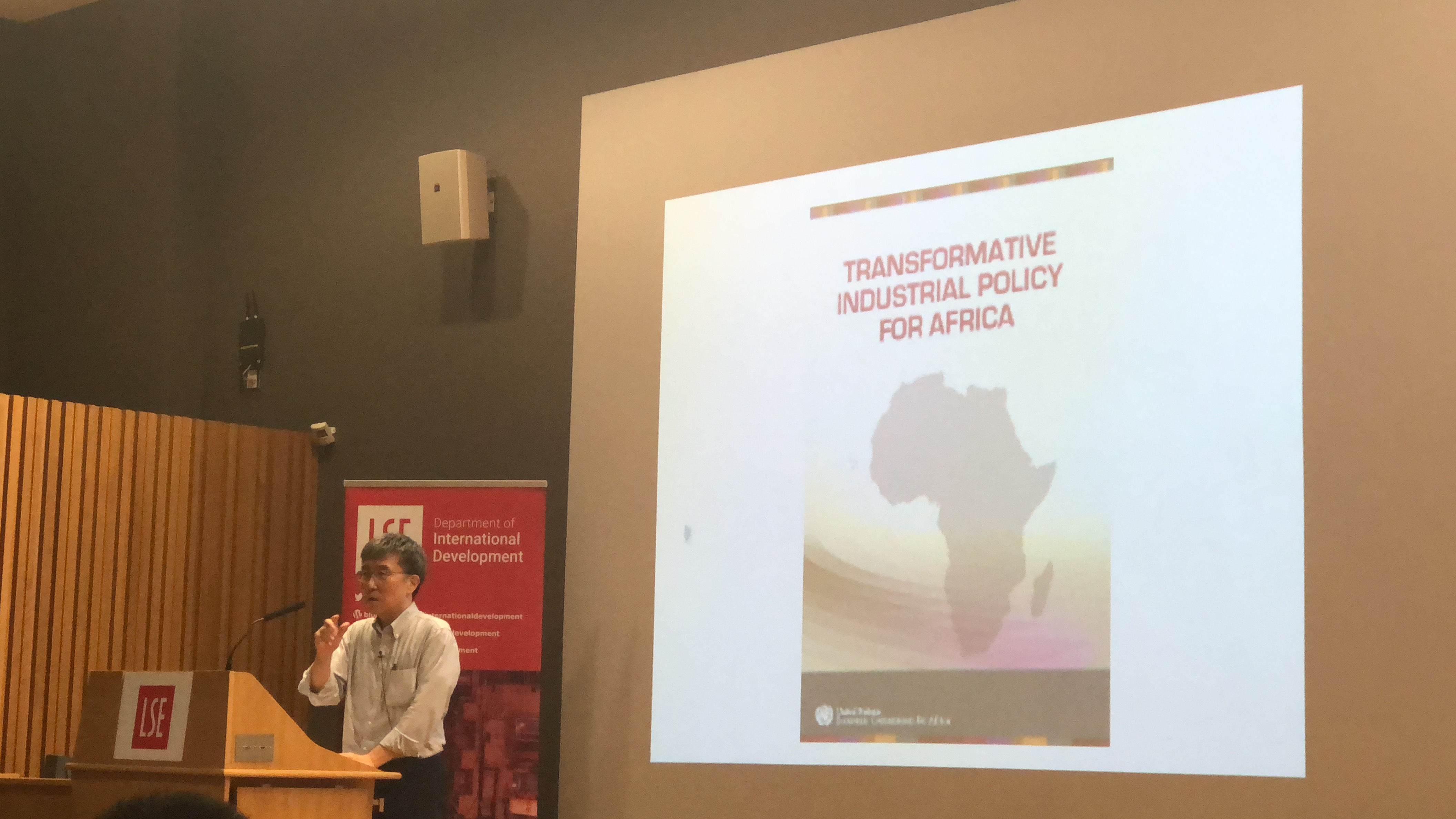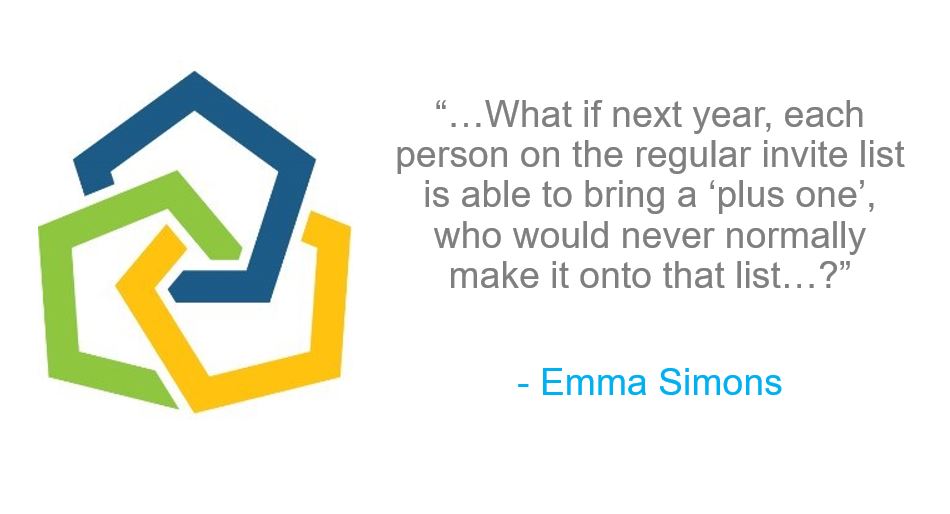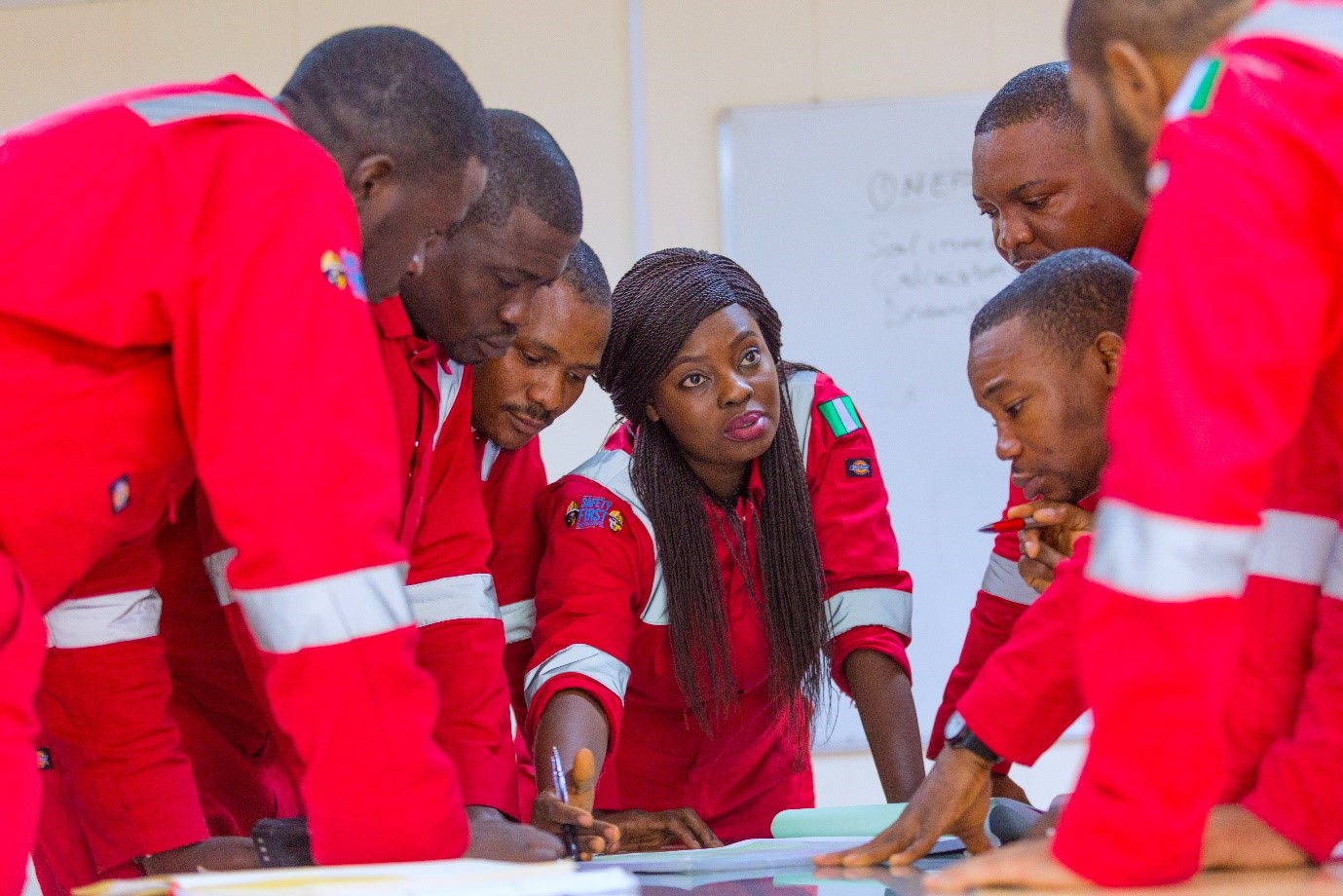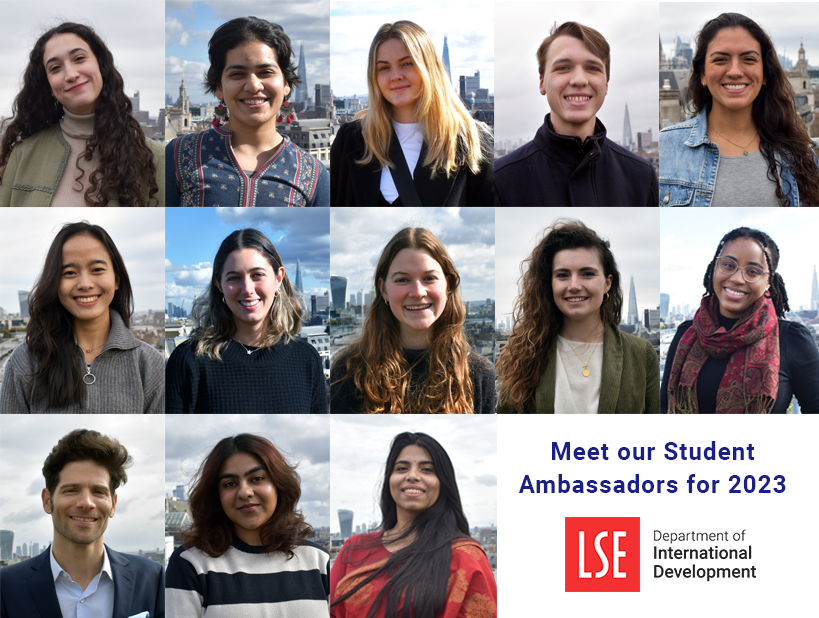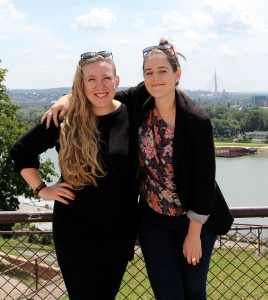
“Politics is a skill supported by knowledge.”
– Dusan Vasilijevic, Environmental Services Professional, Serbia.
While many postgraduate students were busy working on their dissertations, two LSE International Development students recently returned to London after undertaking a 10-day professional development conference in Serbia and Kosovo.
Ali Rae (MSc Anthropology & Development Management) and Melissa Carr (MSc Development Management) were two scholarship recipients that attended the conference, which brought together 14 young professionals from Armenia, Australia, Macedonia, Portugal, Serbia, Slovakia, Switzerland, Ukraine, the UK & the US. In a pilot-programme aptly named ‘Hands on the Balkans’, the group gained valuable insight into issues of transition, reform and development in the Balkans, through engagement with local civil society and government bodies in Belgrade, Mitrovica and Pristina.
The initiative was organised by Dane Koruga, an LSE Alumnus with an MSc in Comparative Politics, on behalf of the Center for Democracy and Reconciliation in Southeast Europe.
We’re trying to be in the field and out of the classroom as much as possible… a hands-on experience where you get to meet with people in their own environment.
– Dane Koruga, CDRSEE and HOB Coordinator
Over the course of the 10 days, the group engaged with local civil society and government bodies in Belgrade, in conjunction with a 2-day trip to Kosovo – Mitrovica and Pristina – to gain insight on issues of transition, reform and development in the Balkans.
Field visits in both countries included leading media outlets such as Kosovalive, Serbia Broadcasting Corporation and MONDO, civil society and community activists such as the Communities Development Centre in North Mitrovica, the Center for Cultural Decontamination and the Lawyers Committee for Human Rights in Belgrade, and government bodies such as the Serbian Ministry of Education, Science, and Technology Development, and the Kosovo Ministry of Foreign Affairs.
The conference was also unique and engaging due to its inclusion of lectures from leading academics in Belgrade.
Being able to not only engage with the academics about the theoretical and historical underpinnings but then also link that to what we were observing in the field, was extremely insightful. Mel and I also found ourselves connecting the core theory from our Development Management class to these complex issues: accountability, incentives, institutions!
– Ali Rae, LSE MSc Development Management and Anthropology candidate
The lectures also covered issues of transition, reform and development, but further highlighted the need to reassess history within the Balkans, a key effort led by the CRDSEE and embodied by their Joint History Project. Held at the University of Belgrade Faculty of Political Science, the lectures included LSE Alumnus Filip Ejdus, political scientist Jovan Teokarevic, and historian Dubravka Stojanovic.
Aside from gaining an incredible amount of information and knowledge of development issues within the Balkans, the conference enabled the participants to expand their network, create close working relationships with those involved, and fit in a bit of site-seeing and cultural activities between meetings.
It was a great experience because I was able to created close relationships with other participants that are working throughout Europe. It is an invaluable networking opportunity that I’m sure will continue to bear fruit in the years to come.
– Melissa Carr, LSE MSc Development Management candidate
A second conference with similar meetings took place in August and was attended by another 14 participants, two of which were graduate students at LSE: Roos Bollen (MSc Conflict Studies) and Martin Krebs (MPP Dual Degree with the Hertie School of Governance). With applications opening on 20 September, the next conference is set to take place from 12-22 December 2014.
For more information on the December conference please visit the HOB website or Facebook page.
About the MSc Development Management
Related Posts
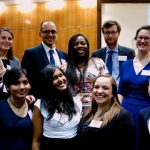 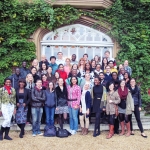 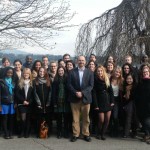 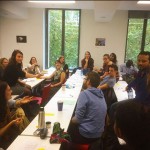 |
 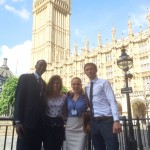 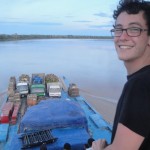  |


